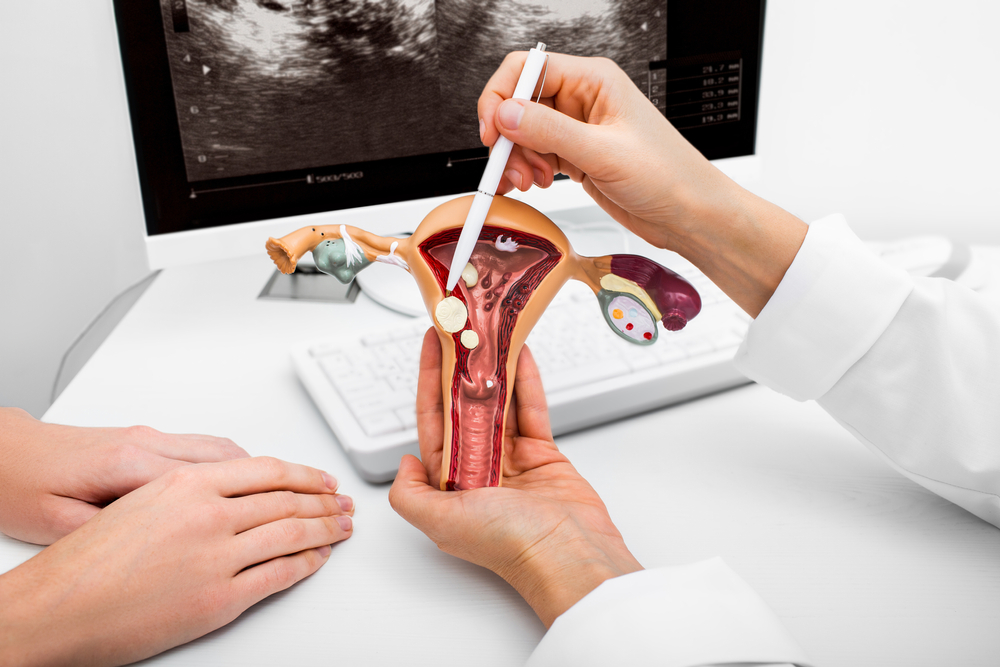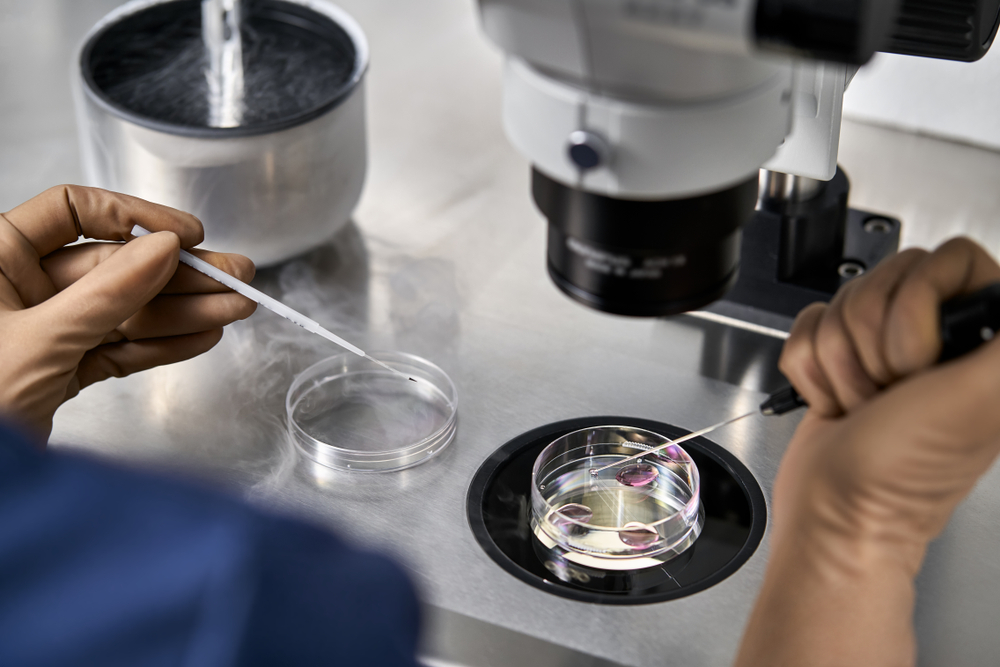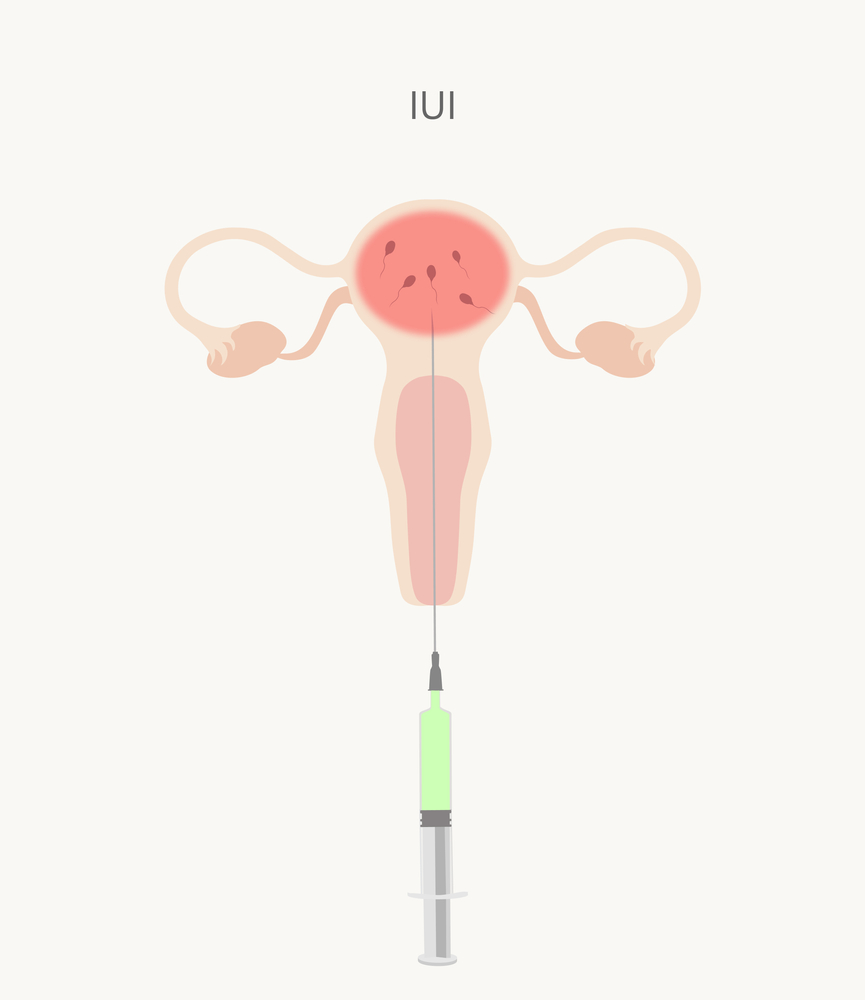With ongoing medical advances in Assisted Reproductive Techniques (ART), genetic testing of the embryo has become a common question centered around IVF.
You may have heard about PGD and PGS if you’re thinking about IVF. Both of these methods are a type of preimplantation genetic testing (PGT) are essential treatment choices for IVF patients. Preimplantation Genetic Screening (PGS) and Preimplantation Genetic Diagnosis(PGD) are done in the embryology lab on cells from embryos. Still, they have distinct goals and test for different genetic abnormalities.
Preimplantation Genetic Screening screens biopsied cells from the embryo for potential genetic abnormalities with no known potentially inherited disorders.
WhereasPreimplantation Genetic Diagnosisuses the same process to detect a specific disorder with a high probability of being passed down from parents to their children.
What is Preimplantation Genetic Diagnosis?
Preimplantation Genetic Diagnosis, or PGD, is a reproductive procedure performed in conjunction with an IVF cycle to increase the odds of pregnancy and delivery. PGD is a treatment that enables couples who have an inherited ailment in their family to prevent it from being passed down to their offspring. In addition, this treatment helps parents in avoiding the birth of a child with genetic abnormalities. Preimplantation Genetic Diagnosis is very similar to IVF, except it includes an extra stage to determine whether the embryo has a genetic disorder.
Is Preimplantation Genetic Diagnosis Right for You?
· Prescribed for couples who have a genetic predisposition
· Family history of Aneuploidy
· Family history of Single gene defects such as Sickle cell anemia, cystic fibrosis, and muscular dystrophy.
What is Preimplantation Genetic Screening? (PGS)
Preimplantation Genetic Screening is used to check if the embryo’s cells contain the correct number of chromosomes. There are 23 pairs of chromosomes in healthy person.
Any variation from this amount increases the chances of a failed implantation, miscarriage, or a viable chromosome syndrome such as Down syndrome. Chromosomal abnormalities are quite common, despite their worrying nature. A chromosomal defect is found in over a third of all
embryos from a 30-year-old woman. By the time a woman reaches the age of 40, this proportion has risen to roughly 80% abnormal.
Preimplantation Genetic Screening isn’t used to diagnose certain illnesses. This is a lot easier test to do than the Preimplantation Genetic Diagnosis test. It can, however, be used to detect Down Syndrome. It might be due to an extra chromosome, Trisomy 21, in the person’s DNA, which causes the illness.
Is Preimplantation Genetic Screening Right for You?
Preimplantation genetic screening is prescribed for couples who don’t have any congenital abnormalities. PGS is recommended for the following patients:
· Females who are 38 and above
· History of Miscarriage
· Failed IVF Procedure
· Couples who are interested in single embryo transfer
Embryo testing can be beneficial to couples for a variety of reasons. For example, if a woman has a history of miscarriage, whether naturally or due to IVF, doctors may find it advantageous to screen her embryos for chromosomal abnormalities. Furthermore, there is substantial evidence that Preimplantation Genetic Screening andPreimplantation Genetic Diagnosis is beneficial for IVF women beyond 35. Preimplantation Genetic Diagnosis is helpful for couples that have a known genetic mutation in their family, as previously mentioned.
Shourya Test Tube baby Center offers the Best genetic testing along with the best fertility treatment. Our doctors are highly qualified and is one of the best preimplantation genetic diagnosis and preimplantation genetic screening centers in Hyderabad. We give you all the reasons for happiness to all childless couples with advanced technology. We have the state of art technologies to treat all the problems related to infertility with specialized doctors in this concerned field. To book an appointment.





